Movement Matters in Your Body, Mind, and Relationships
Real change begins with awareness. Through movement, reflection, and compassionate curiosity, you can learn to meet yourself and others with more ease, freedom, and connection.
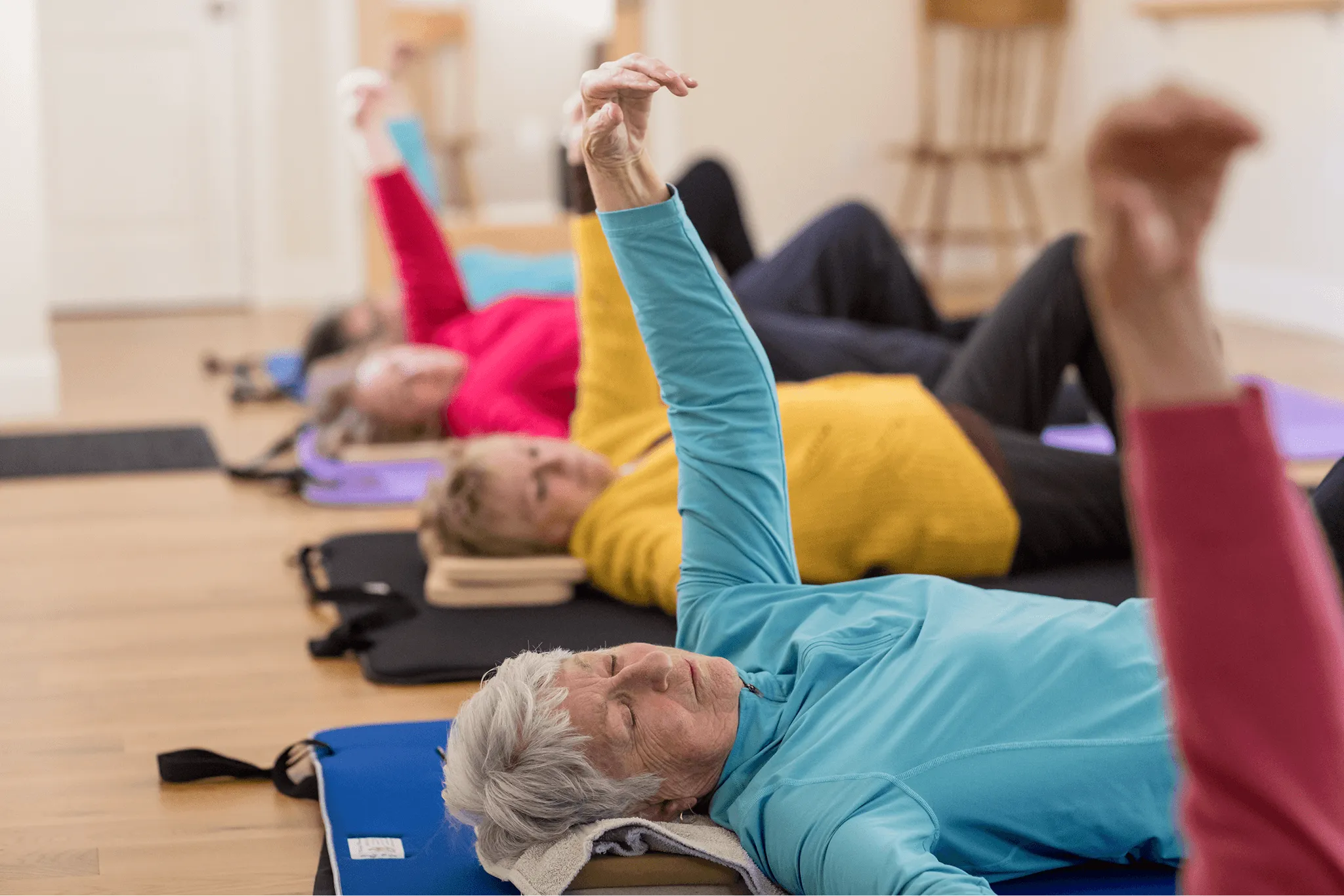
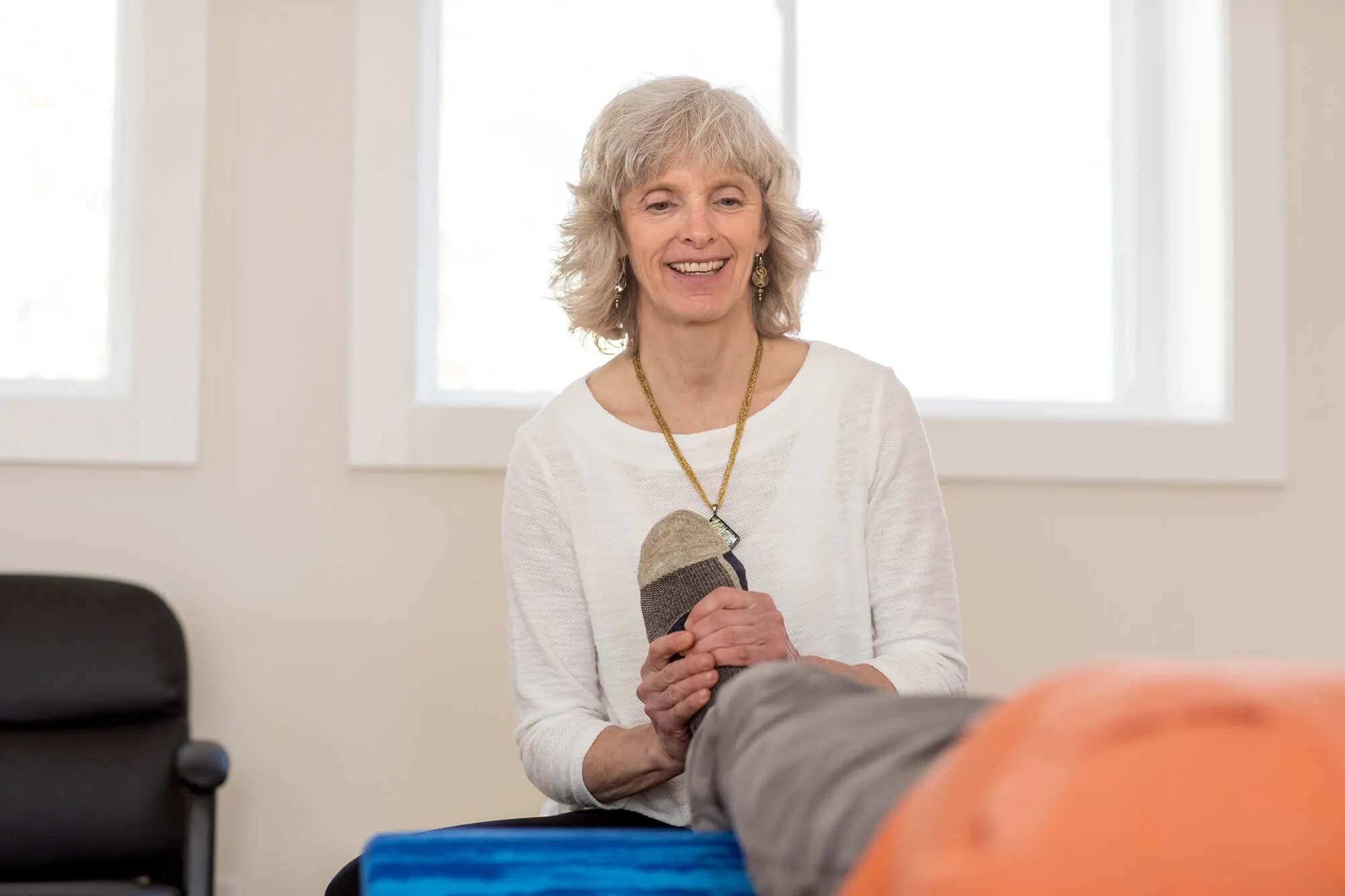

Move Freely. Relate Deeply. Live Fully.
Movement Matters is about how we move — in our bodies, in our minds, and in our relationships. The way we move through life shapes how we feel, connect, and experience ourselves.
Whether it’s pain in the body or conflict in relationship, the patterns that keep us stuck are learned — and can be unlearned. My work integrates movement education, somatic awareness, and relational coaching to help you experience freedom from the inside out. You’ll learn to sense yourself more clearly, communicate more effectively, and open new possibilities for growth and well-being.
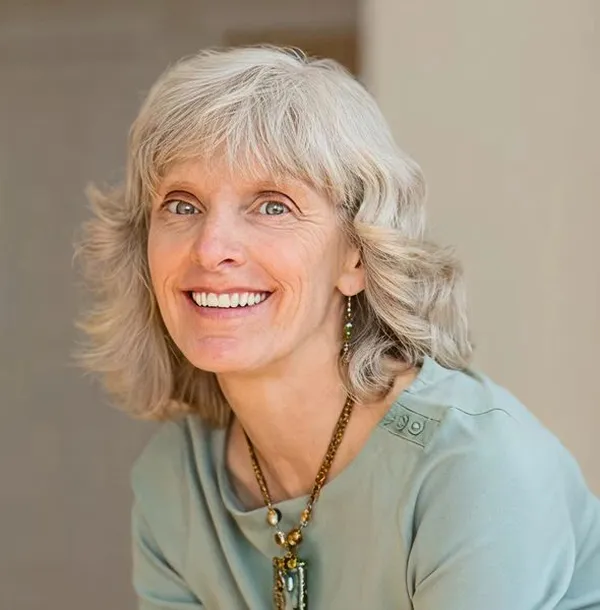

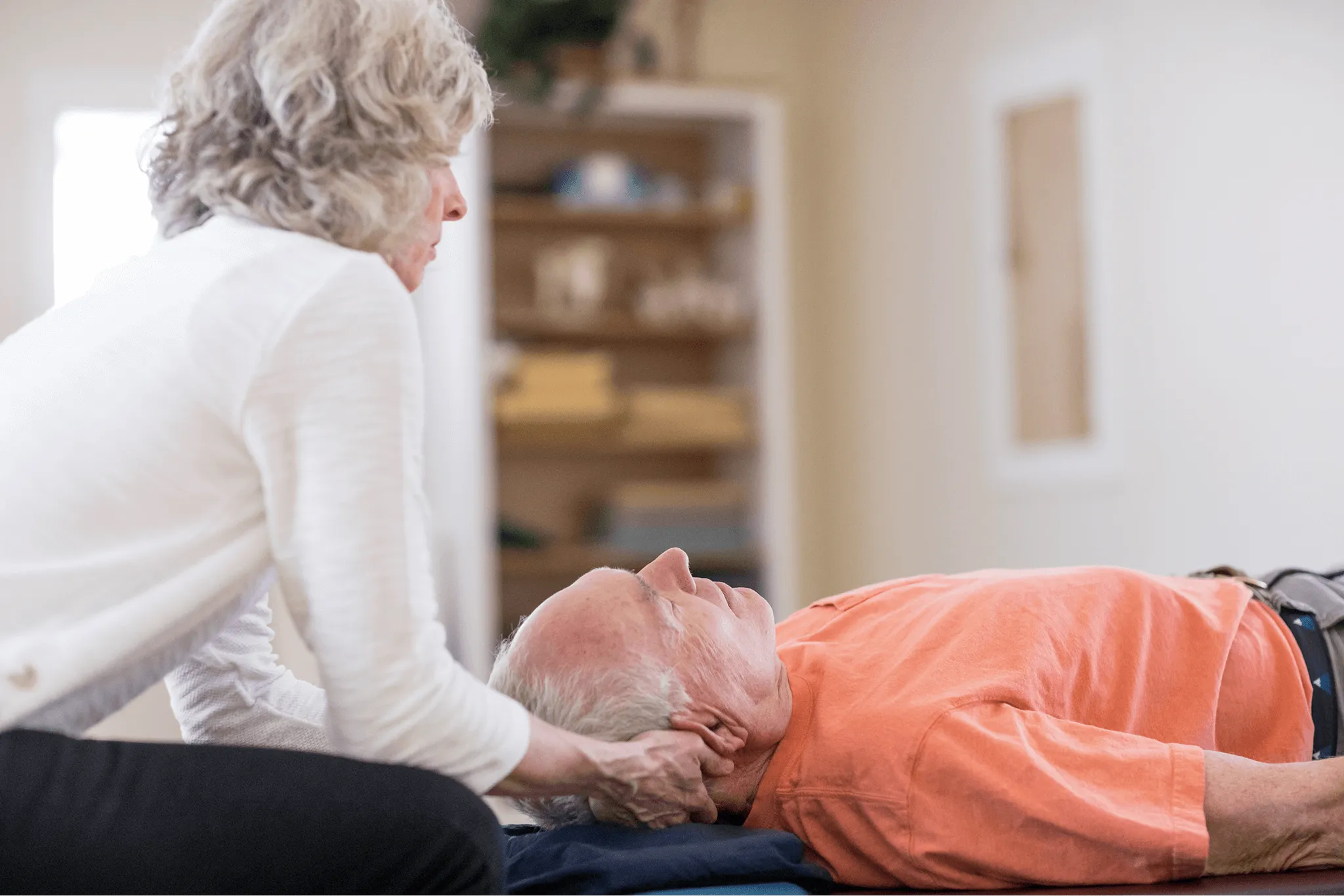
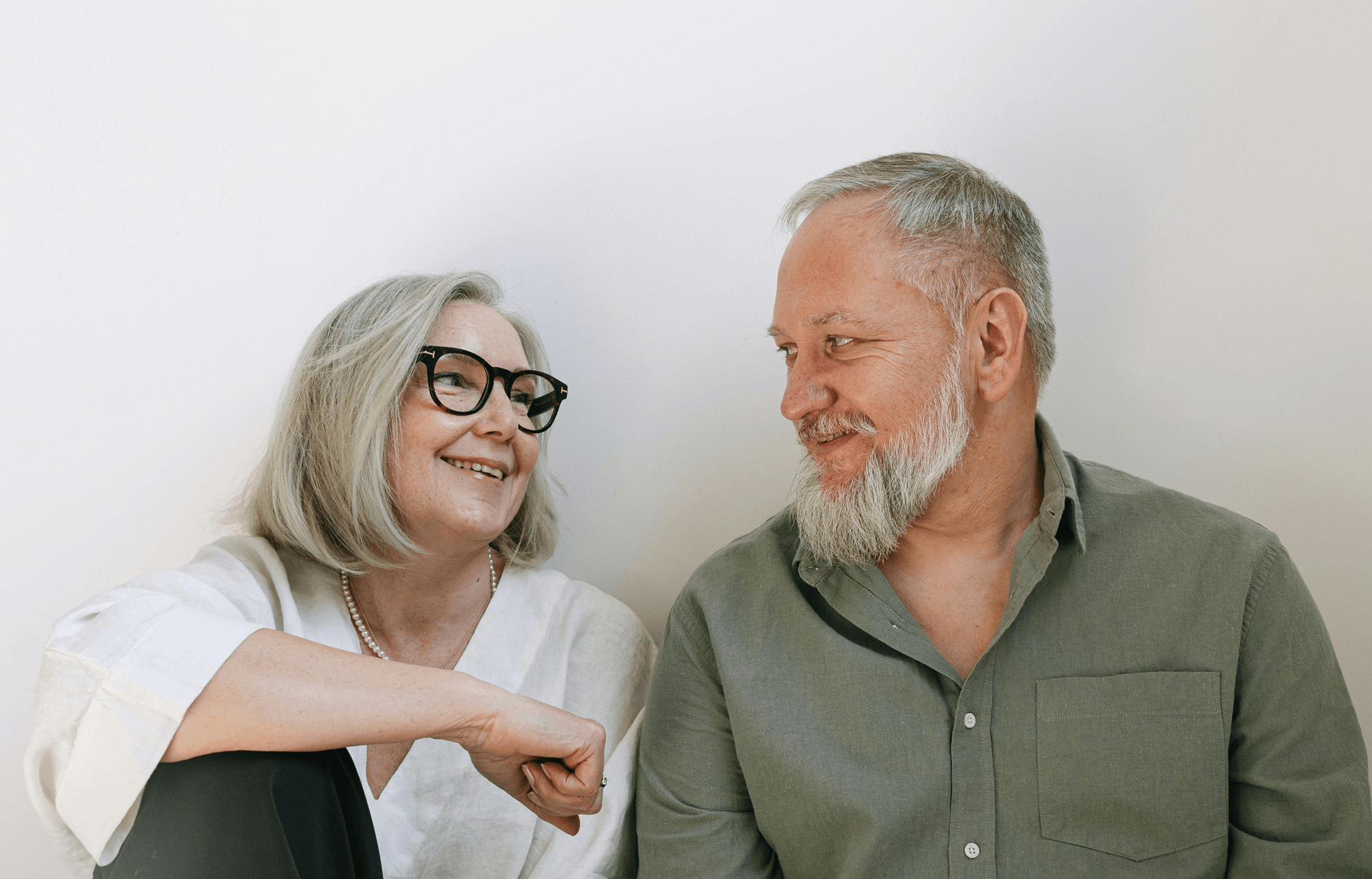

Individual Sessions
Explore how you relate to yourself and the world — shifting habits of thought, attention, and behavior to create more freedom and choice.
Discover More
Relationship Coaching
Develop deeper understanding and skill in how you communicate, navigate conflict, and create connection.
Discover More
Group Sessions
Reconnect with your body’s natural intelligence and learn to move with greater ease, coordination, and vitality.
Discover More
Ways to Work Together
Explore transformative experiences through movement and connection.

Individual Sessions
Through hands-on guidance and gentle movement explorations, you begin to recognize what’s contributing to discomfort and where more supportive options exist.
Sessions are tailored to your needs and offer a steady, attentive way to improve comfort, balance, and confidence in your movement.

Group Classes
Group classes offer a supportive space—online or in person—to explore awareness and movement in community. You follow guided sequences at your own pace, noticing how you organize yourself and what patterns emerge.
While each person practices individually, the shared environment creates opportunities for learning through reflection, resonance, and the experiences others bring.




Relationship Coaching
Relational challenges often show us where we tense, protect, or react. These moments aren’t signs that something is wrong with us—they’re familiar patterns that once helped us but no longer fit who we are now.
Relationship coaching offers a grounded space to slow down, sense what’s happening inside, and understand your patterns with more clarity. When you can see your experience more clearly and explore new options, new ways of relating become possible.
Learn, Reflect, Explore
Articles, practices, and insights to support your journey toward greater movement, presence, and connection — in body and in life.



